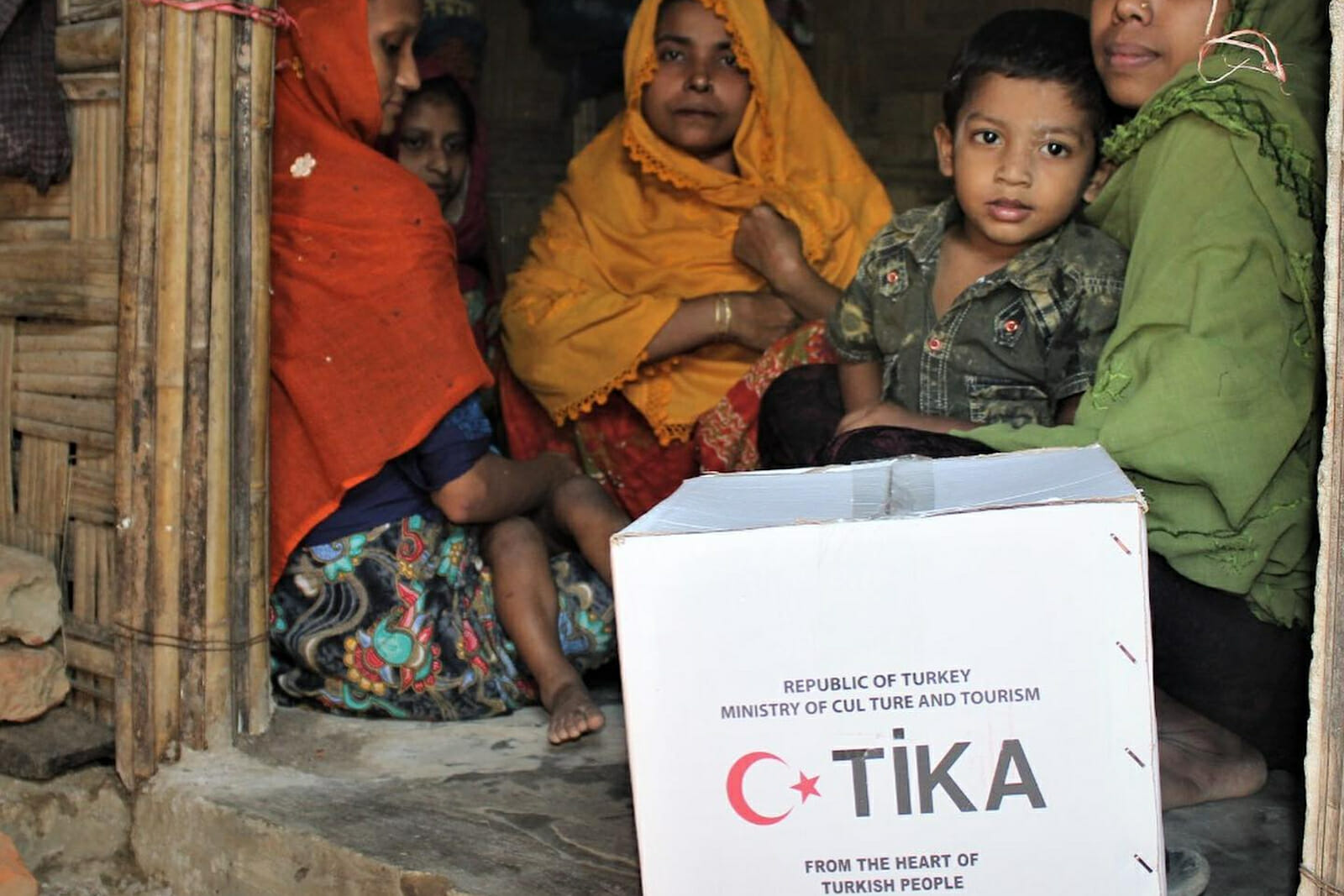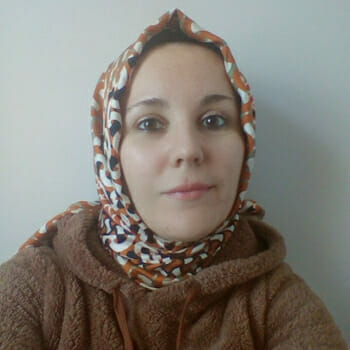
Turkey is Taking Advantage of the Pandemic to Flex its Soft Power
The coronavirus pandemic, which first emerged in China in late 2019, spread in a very short period of time and quickly reshuffled the domestic and foreign policy priorities of many countries. Thus far, some 2.3 million people globally have died from COVID-19.
As a result of the pandemic, one country which has fundamentally changed its foreign policy has been Turkey. Turkey’s corona-diplomacy is a very smart use of soft power.
The pandemic was initially seen as a crisis that could be managed. However, with the increasing number of global deaths, it was becoming increasingly clear that this wasn’t even remotely possible. Although the development of a vaccine against COVID-19 is a promising development, the rapid spread of the virus and the rise in the number of virus mutations suggests that returning to any kind of normal is a long way off.
Turkey’s foreign policy approach is evident in its relationship with countries hit hard by the pandemic. Turkey sent medical equipment to various countries severely impacted by the pandemic. Turkish medical assistance to various countries increased. The Turkish Cooperation and Coordination Agency (TIKA) has been the agency tasked with leading Turkey’s corona-diplomacy efforts. Turkey, through sending medical assistance to various countries, has taken advantage of an opportunity to exercise soft power during the pandemic.
The concept of soft power first emerged to describe the power of the United States in the aftermath of the Cold War. This concept was first used by Joseph Nye in Bound To Lead: The Changing Nature Of American Power in 1990. While hard power is defined as the ability of an actor to influence other actors through economic and military coercion; values, policies, cultural elements, and institutions are important resources in the use of soft power. The most important feature of soft power is the ability to build trust rather than using coercion. Nye describes soft power as a tool for co-operation and influence rather than coercion.
The pandemic hit developed countries such as the United States and the United Kingdom particularly hard. So far, steps taken by the UN and other international organizations to manage the humanitarian crises have been insufficient. In a parallel way, in the fight against COVID, the weakness of big powers such as the United States and China has been witnessed.
Globally, COVID-19 has gone beyond a health crisis. Considering the economic and humanitarian costs, the World Health Organization and the European Union along with the United States have failed to manage the crisis in any meaningful way. Turkey adopted an active diplomatic approach and sent medical assistance to fellow NATO allies, the United States, Spain, and Italy.
Throughout the Middle East region, Iraq, Iran, and the Gaza Strip have been among the actors that received medical assistance from Turkey. In the Balkans, Azerbaijan, Bosnia and Herzegovina, Albania, Northern Macedonia, and Georgia received medical assistance. In addition to these countries, protective equipment packages were sent to countries such as Colombia, Afghanistan, Somalia, and Pakistan. Besides the Turkish Cooperation and Coordination Agency, the Turkish Red Crescent sent medical assistance as well. The Turkish Red Crescent provided medical assistance to the Dominican Republic, Sudan, Poland, Haiti, and Moldova.
In “Our role and mission during the Coronavirus pandemic” published by the Turkish Foreign Ministry, it notes that 158 countries have made medical aid requests to Turkey and it has sent medical assistance to 155 countries so far. In this process, Turkey has extended a hand to help disadvantaged groups in different geographies. Turkey provided humanitarian assistance to refugees in countries such as Bangladesh, Ethiopia, Pakistan, Sudan, Tunisia, and Romania.
Turkey viewed the pandemic as an opportunity. While hard power often gets the most attention, soft power like that practiced by Turkey provided it with an opportunity to get in the good graces of countless countries. The same cannot be said of an economic and military superpower like the United States. However, with a new administration in Washington, that could change.

